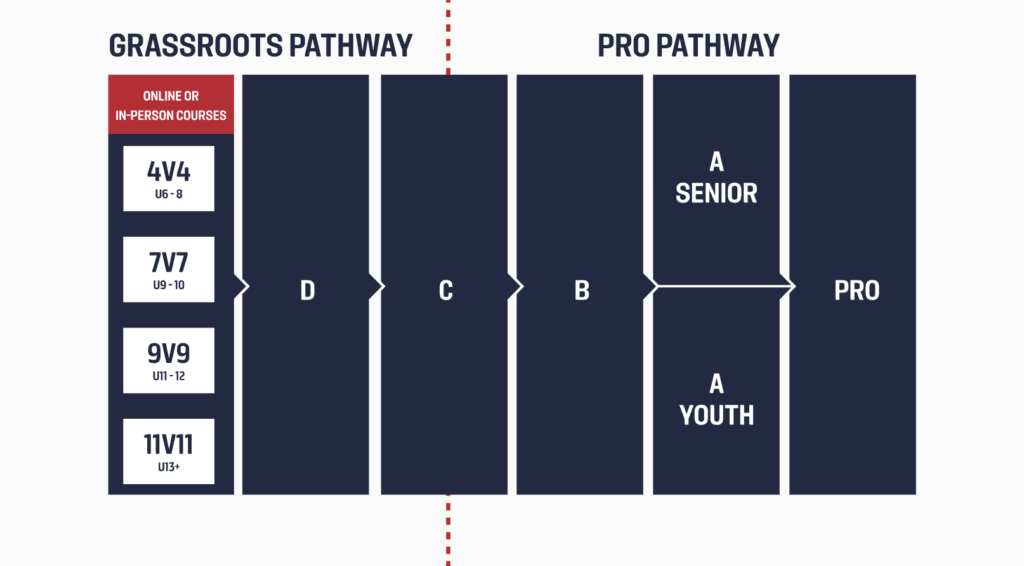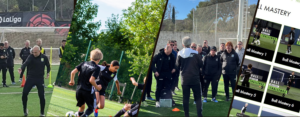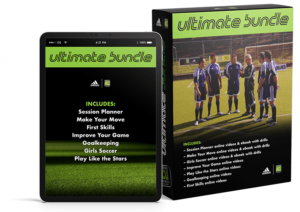USSF Soccer Coaching Licenses
The United States Soccer Federation (USSF) offers a comprehensive coaching education pathway through its licensing program. This program is designed to enhance the knowledge and skills of coaches at various levels, from grassroots to professional soccer. In this article, we will explore and compare the content learned at each level of USSF coaching licenses, highlighting the key components and areas of focus.

1. USSF Grassroots Licenses (4v4, 7v7, 9v9, 11v11):
The grassroots licenses are the entry-level courses in the USSF coaching pathway. These licenses focus on creating a positive and enjoyable environment for young players. Coaches learn age-appropriate coaching techniques, player development principles, and the importance of fostering a love for the game. The content includes sessions on basic technical skills, small-sided games, and understanding age-specific player needs.
2. USSF D License:
The D License is the next step in the coaching pathway and is primarily aimed at coaches working with older youth players and lower-level adult teams. The content delves deeper into tactical aspects, team organization, and game management. Coaches learn about systems of play, principles of attacking and defending, and effective training session planning. The D License emphasizes player development within a team context.
3. USSF C License:
The C License is a more advanced course designed for coaches working with competitive youth teams and aspiring to work with higher-level players. The content focuses on team tactics, player analysis, and individual player development. Coaches learn to create a team style of play, develop training sessions that mimic game situations, and implement effective player evaluation methods.
4. USSF B License:
The B License is aimed at coaches working with older youth players, college teams, and professional development programs. The content includes advanced tactical concepts, game analysis, and periodization. Coaches learn to develop a team identity, refine individual player skills, and create training sessions that challenge players at a higher level. The B License emphasizes long-term player development and preparing players for higher levels of competition.
5. USSF A License:
The A License is the highest level of coaching certification offered by USSF and is primarily intended for coaches working with professional teams or elite youth players. The content covers advanced tactical strategies, player performance analysis, and team management. Coaches learn to develop a playing philosophy, implement advanced training methodologies, and navigate the complexities of player development at the highest level.
Conclusion:
The USSF coaching license pathway provides coaches with a structured and progressive approach to learning and development. From the grassroots licenses to the A License, each level offers coaches the opportunity to deepen their understanding of the game, refine their coaching techniques, and enhance their ability to nurture player development. Whether coaching beginners or professionals, the content learned at each level equips coaches with the necessary tools to guide players towards success on and off the field.
The USSF Licenses are recognized within the United States. There are various other Federations that offer licenses and courses in other countries as well as coaching certificates that are recognized globally. One such certificate that is recognized globally is Coerver Coaching’s Youth Diploma 1 & 2. Coerver Coaching programs have been used by many top federations and top professional clubs worldwide and offer online instruction in over 50 countries.










